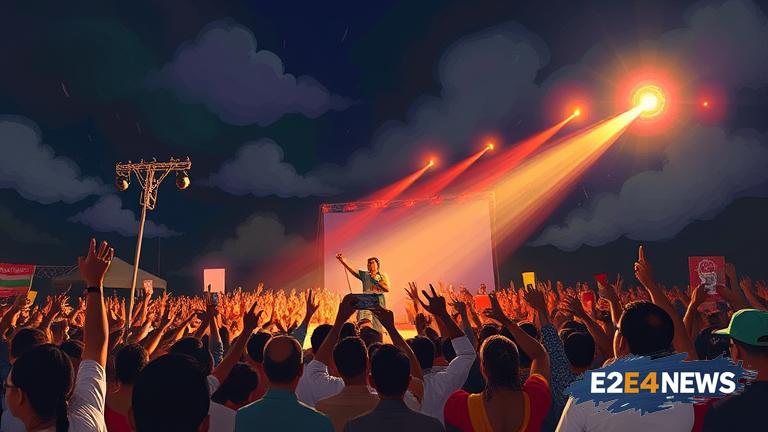In a recent statement, the Samoa Electoral Commissioner has declared that banning political rallies is illegal, citing the country’s constitution and electoral laws. This announcement has ignited a heated discussion on the balance between maintaining public order and upholding the fundamental right to freedom of assembly. The commissioner’s stance is based on the principle that political rallies are an essential part of the democratic process, allowing candidates to engage with voters and present their platforms. By prohibiting these gatherings, the government would be infringing upon the rights of both the candidates and the citizens. The commissioner emphasized that any restrictions on political rallies must be reasonable and justified, ensuring that they do not unduly limit the ability of parties to campaign effectively. The issue has drawn attention to the need for clear guidelines on election regulations, particularly regarding the organization and conduct of political rallies. The Samoa Electoral Commissioner has urged the government to review its policies and ensure they align with the country’s constitutional provisions and international human rights standards. This development comes as Samoa prepares for upcoming elections, where the ability of parties to freely campaign and engage with voters is crucial. The commissioner’s statement has been welcomed by opposition parties, who argue that such bans are often used to suppress dissenting voices and limit political participation. On the other hand, the government has expressed concerns about maintaining public safety and preventing potential unrest during political gatherings. The debate highlights the challenges faced by democratic societies in balancing individual rights with the need to maintain public order. It also underscores the importance of independent electoral commissions in safeguarding the integrity of the electoral process. The Samoa Electoral Commissioner’s stance is seen as a significant step towards protecting democratic freedoms and ensuring that the upcoming elections are conducted in a fair and transparent manner. However, the implementation of this stance may face challenges, particularly if the government insists on imposing restrictions under the guise of public safety. International observers and human rights organizations are closely watching the situation, emphasizing the need for Samoa to adhere to international standards on freedom of assembly and political participation. The outcome of this debate will have significant implications for Samoa’s democratic development and its commitment to upholding human rights. As the country moves forward, it is essential that all stakeholders engage in constructive dialogue to find a balance between public safety concerns and the protection of democratic freedoms. The role of the Samoa Electoral Commissioner will be crucial in this process, ensuring that election regulations are fair, transparent, and in line with constitutional and international norms. In conclusion, the declaration by the Samoa Electoral Commissioner that banning political rallies is illegal marks an important milestone in the protection of democratic rights in Samoa. It underscores the importance of independent electoral bodies and the need for governments to respect fundamental freedoms, even in the face of challenges to public order. As Samoa navigates its electoral process, the international community will be watching closely, hoping that the country will emerge stronger in its commitment to democracy and human rights.
